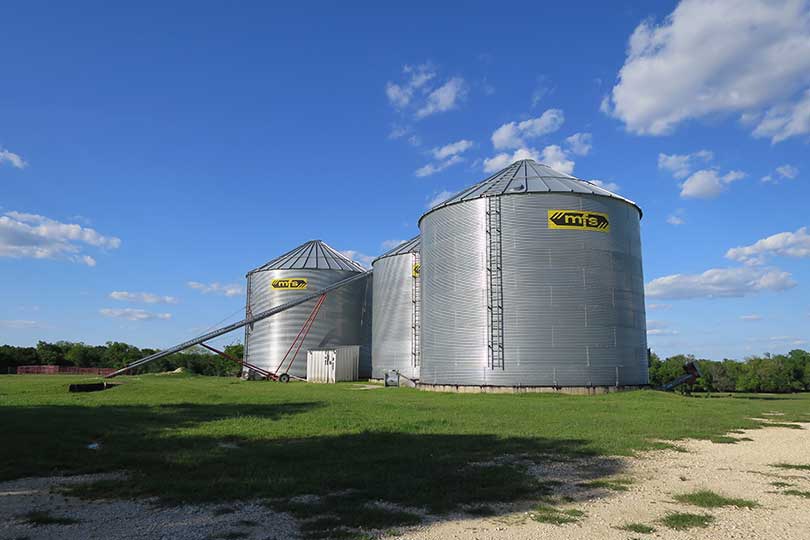By Jessica Domel
News Editor
U.S. House Agriculture Committee Chairman Mike Conaway of Midland already has his eyes set on 2018 and the potential a new farm bill may bring.
With farm sector profitability forecast to be down for the fourth straight year, Conaway says it’s important, now more than ever, for farmers to have a working farm safety net.
“The three-year average drop right now is about 55 percent, which is the worst three-year average since before the depression,” Conaway said. “It’s hard times, and quite frankly, no one that I’m talking to expects commodity prices to recover within the next couple of years. The USDA is not projecting a recovery of prices, so this could be an extended hard time for folks in production agriculture.”
Net cash farm income for 2016 is forecast at $94.1 billion. That’s down 13.3 percent over 2015. Overall production expenses are down, but so are cash receipts for most major crops and livestock, according to a new report from the U.S. Department of Agriculture.
“These are hard times. This is the exact scenario that you want a safety net for,” Conaway said. “When we wrote the ’14 Farm Bill, it was against the backdrop of relatively good times in production agriculture. In ’18, when I try to rewrite the farm bill again, it will be against this backdrop. I think we’ll have a better way to describe why we need to do what we’re trying to do because it will be against the backdrop of reality.”
Seeing the struggles farmers, ranchers and dairymen face will make it difficult for naysayers to say farm safety net programs aren’t needed, he said.
“We’re going to be working hard to get the farm bill done on time before it expires,” Conaway said. “There’s no reason to go through the drama of short-term extensions or expirations. We’ll be making the rounds formally in 2017 asking farmers what’s working and what’s not working.”
Conaway said he senses the 2018 Farm Bill, outside of cotton, will be more about fine-tuning programs that were introduced in the 2014 Farm Bill.
“I don’t anticipate a big shift in things like we did in ’14 from ’08,” he said.
In 2018, he hopes to revisit cotton farmer support programs, whether that’s through cottonseed or lint.
“Something has to happen there,” Conaway said.
To get there, Conaway noted it’s important that all involved in agriculture, not just cotton farmers, discuss farm safety net programs and why they matter.
“It’s a great story. It’s an honest story, and it’s the backdrop of why we need these programs because these programs, like them or hate them, deliver to the consumer that affordable food and fiber supply that we all enjoy,” Conaway said.

